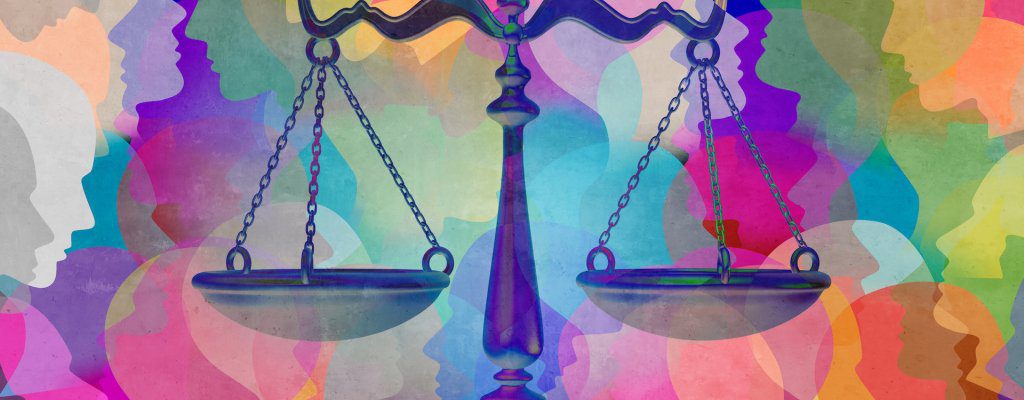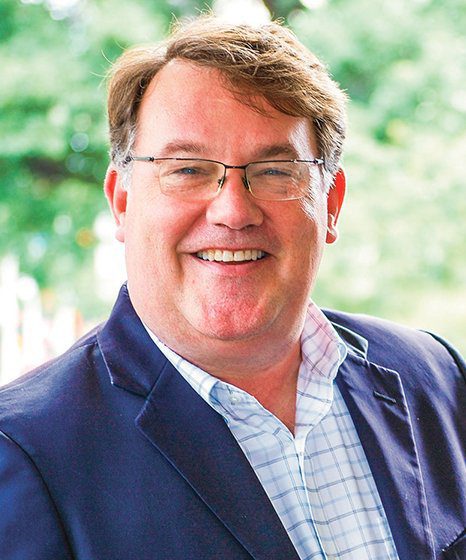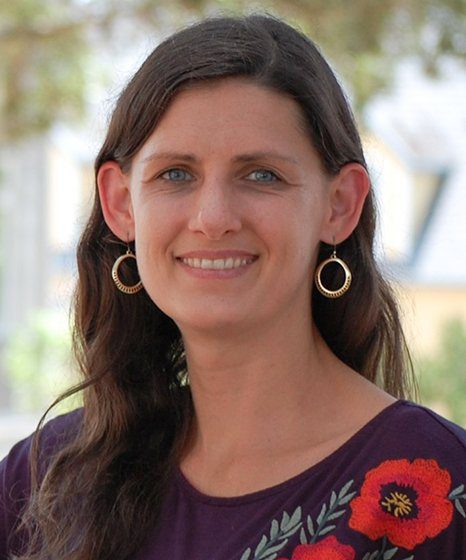
Ken Liu

Supreme Court Justice Hugo Black stated in 1956, “There can be no equal justice where the kind of trial a man gets depends on the amount of money he has.” (Griffin v. Illinois.) More than a half century later, our justice system is arguably no better at providing a level playing field for the poor.
In Rebooting Justice: More Technology, Fewer Lawyers, and the Future of Law, Professors Benjamin Barton and Stephanos Bibas (now a Third Circuit Court of Appeals Judge) wrote: “America is a nation founded on justice and the rule of law. But our laws are too complex, and legal advice too expensive, for poor and even middle-class Americans to get help and vindicate their rights. Criminal defendants facing jail time may receive an appointed lawyer who is juggling hundreds of cases and immediately urges them to plead guilty. Civil litigants are even worse off; usually, they get no help at all navigating the maze of technical procedures and rules.”
Given that our profession has a monopoly on legal services. we have little incentive to innovate and make our legal system more affordable and accessible. Though legal aid is a crucial part of the solution, we will never be able to recruit enough legal aid and pro bono attorneys to provide full access to the law for the poor. We need new thinking and help from the private sector, tech experts, entrepreneurs, investors, and others all working in tandem (and in competition!) with each other to create to solve this crisis.
Fortunately, a new generation of lawyers and entrepreneurs is doing just that. Though still small in number, new forward-thinking young leaders have recently begun new models of doing law, using the power of technology, to facilitate access to justice. But they need more support from the entire legal sector, including legal aid attorneys, to embrace this innovation.
It’s hard to say what will work and what won’t. But we who care about justice for the poor need to help explore, promote, and shape better options for ensuring that the future of law is more fair and accessible. (To see what these innovators are doing to move the law into the 21st century, check out the stories in the “Other Resources” section below.)
Grace and peace,
Ken
|
|

Mike Schutt
Director, CLS Law School Fellows

Alanna Walker
Grants Coordinator

Michelle Williams
Law Student Ministries Coordinator
GET UPDATES
The views expressed on the CLS Blog are the views of the individual authors and do not necessarily reflect the positions of Christian Legal Society.
The purpose of the CLS Blog is to generate discussion with a free exchange of ideas and opinions.
▦ |CLS - Christian Legal Society © 2025|














































